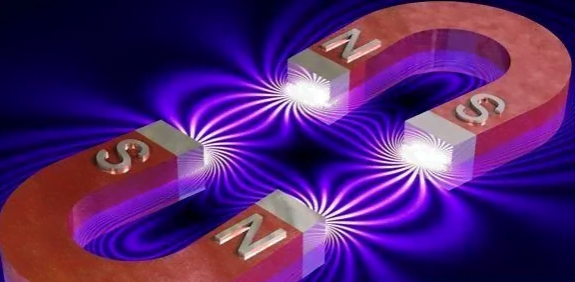Your cart is currently empty!
Quadrilaterals | Basic Level
Parallelograms
Copy – Force and Pressure
Notes on Pie Charts
Chapter Template | Assess
Wrong shortcode initialized
Comparing Different Syllabuses: CBSE, ICSE, GCSE, IGCSE, IB
When it comes to choosing the right educational system for your child, understanding the differences between various syllabuses is crucial. Here, we compare five prominent ones: CBSE, ICSE, GCSE, IGCSE, and IB.
here are the examination boards associated with each syllabus:
1. *CBSE:* Central Board of Secondary Education
2. *ICSE:* Council for the Indian School Certificate Examinations
3. *GCSE:* General Certificate of Secondary Education (UK)
4. *IGCSE:* International General Certificate of Secondary Education (Cambridge International)
5. *IB:* International Baccalaureate (IB Organization)
1. *CBSE (Central Board of Secondary Education):*
– *Focus:* CBSE focuses on a more centralized curriculum designed to promote national integration.
– *Exams:* It conducts board examinations at the end of 10th and 12th grades.
– *Subjects:* The syllabus covers a wide range of subjects with an emphasis on Science, Mathematics, and Social Sciences.
– *Assessment:* Assessment is based on exams and internal assessments.
2. *ICSE (Indian Certificate of Secondary Education):*
– *Focus:* ICSE offers a comprehensive curriculum with a broader spectrum of subjects.
– *Exams:* ICSE conducts board examinations at the end of 10th grade.
– *Subjects:* It offers a diverse range of subjects including Languages, Sciences, Humanities, and Arts.
– *Assessment:* ICSE assessments include both external exams and internal assessments.
3. *GCSE (General Certificate of Secondary Education):*
– *Focus:* GCSE is the standard academic qualification in a particular subject, typically taken in a number of subjects by students aged 14–16.
– *Exams:* Students take GCSE exams typically at the end of the two-year course.
– *Subjects:* It covers a wide range of subjects and allows students to specialize in their areas of interest.
– *Assessment:* Assessment is based on final examinations and sometimes coursework.
4. *IGCSE (International General Certificate of Secondary Education):*
– *Focus:* IGCSE is designed for an international student body and avoids cultural bias.
– *Exams:* Examinations are taken at the end of the course, typically at the age of 16.
– *Subjects:* It offers a broad range of subjects with a global perspective.
– *Assessment:* Assessment is through final examinations and sometimes coursework.
5. *IB (International Baccalaureate):*
– *Focus:* IB aims to develop inquiring, knowledgeable, and caring young people who help to create a better and more peaceful world.
– *Exams:* The Diploma Programme (DP) is typically taken by students aged 16 to 19.
– *Subjects:* IB offers a holistic curriculum with a focus on critical thinking, research skills, and international-mindedness.
– *Assessment:* Assessment includes examinations, coursework, and other forms of assessment.
In conclusion, while each syllabus has its own unique features and benefits, the choice ultimately depends on factors such as the student’s learning style, future educational goals, and cultural context. Parents and students should carefully consider these factors before making a decision.





